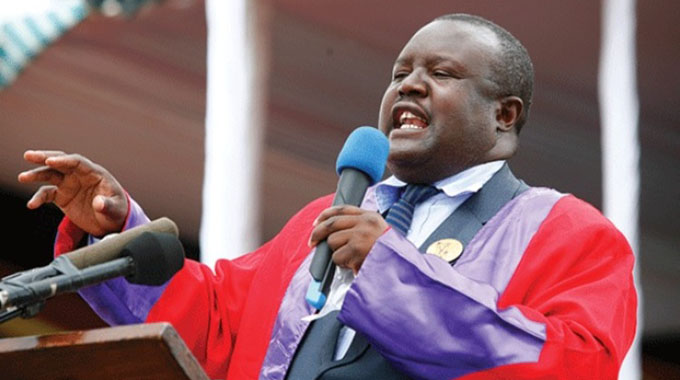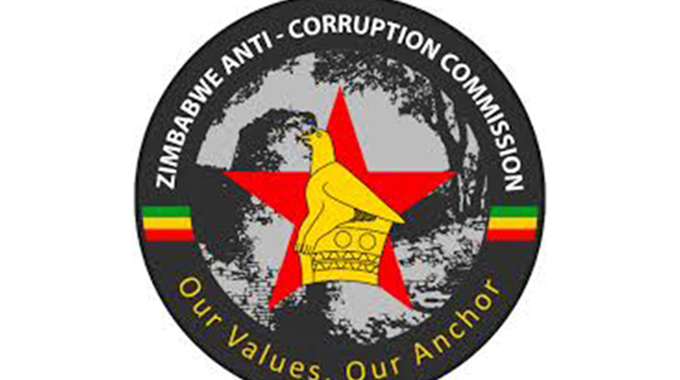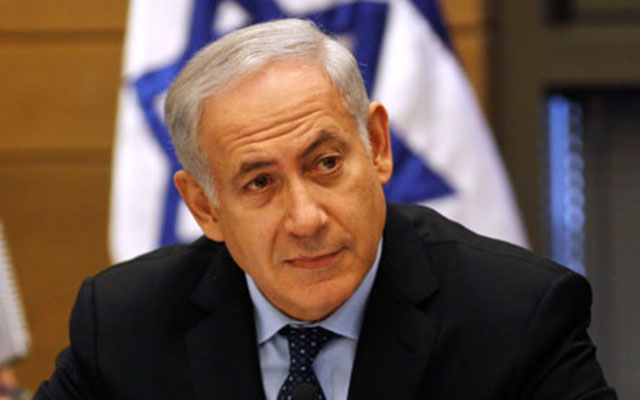‘Iran enriching more uranium than before 2015 deal’

TEHRAN. — Iran is enriching more uranium than it did before it agreed to the landmark nuclear deal with world powers in 2015, President Hassan Rouhani said yesterday.
Iran has gradually scaled back its commitments under the nuclear accord — signed with the United States, China, Russia, Germany, France and the United Kingdom — in retaliation for Washington’s withdrawal from the pact in 2018 and its re-imposition of devastating sanctions.
Earlier in the week, the UK, France and Germany challenged Tehran over breaking the limits set out in the agreement by triggering a “dispute mechanism”. Some analysts suggested that could spell the end of the accord.
“We are enriching more uranium before the deal was reached . . . Pressure has increased on Iran but we continue to progress,” Rouhani said in a televised speech.
He added the nuclear programme is in a “better situation” than it was before the nuclear deal was signed.
Iran has only modestly increased its nuclear activity after the US pull-out. In recent months it boosted its enrichment of uranium to 4.5 percent – higher than the 3,67 percent limit set by the agreement, but far from the 20 percent enrichment it was engaged in before the deal.
Uranium must be enriched to 90 percent to be used in a nuclear weapon.
President Rouhani defended the 2015 nuclear deal in his speech saying: “We have proven in practice that it is possible for us to interact with the world.”
Aniseh Bassiri Tabrizi, from the Royal United Services Institute, said the comments over the past few days indicate that posturing by the European nations and Iran is fully under way.
She added it has yet to be confirmed how much enrichment the Iranians actually carried out.
“There is going to be a lot of concern after the announcement by the Iranian president, but we have to keep in mind the IAEA (International Atomic Energy Agency) has control over oversight on nuclear activities, so there isn’t anything going on that the international community wouldn’t be aware of . . . We should really wait for the IAEA’s assessment,” Tabrizi told Al Jazeera.
The European nations announced they triggered the dispute mechanism provided for in the historic agreement in order to force Tehran to honour its commitments under the accord, formally known as the Joint Comprehensive Plan of Action (JCPOA).
Yesterday, the European Union’s top diplomat Josep Borrell held direct talks with Iran’s Foreign Affairs Minister Mohammad Javad Zarif in New Delhi. — Al Jazeera









Comments